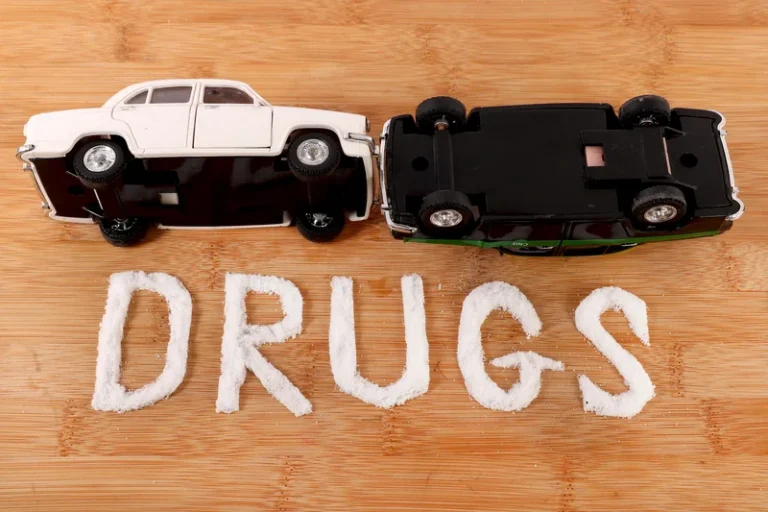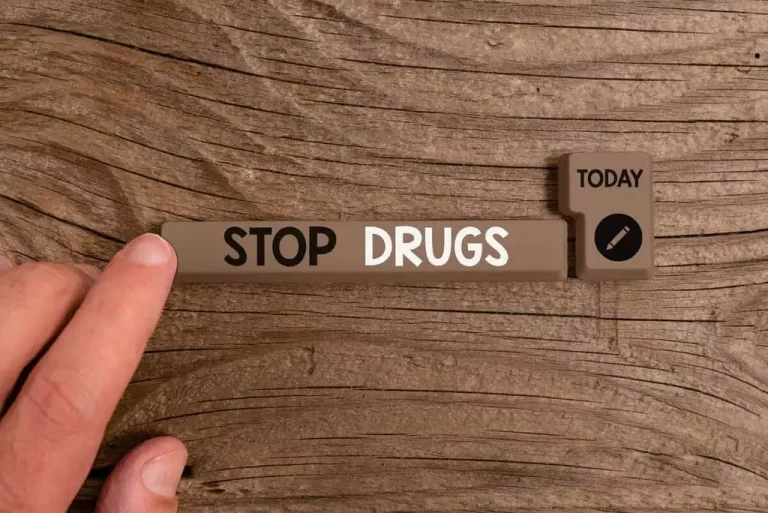
In addition to water, plasma contains minerals; nutrients; regulatory substances, such as homones; gases, such as oxygen and carbon dioxide; and proteins. These proteins include those involved in blood clotting as well as immune proteins (i.e., antibodies or immunoglobulins). Consuming alcohol will thin your blood, making you more susceptible does alcohol affect blood clotting to heavy bleeding or bruising if you experience an injury. Short-term, you can expect an increase in blood pressure and higher cortisol levels. Even minor injuries, such as scratches, can damage blood vessels and cause bleeding. To control excessive bleeding and ensure an injury does not become life-threatening, the blood clots.
Alcohol’s Effects on the Cardiovascular System

Furthermore, it appears to be more sensitive and specific than routine coagulation tests in detecting impairments of the coagulation system [34-37]. ROTEM/TEG analysis evaluates hemostasis more holistically than the standard coagulation test. These tests allow the detection of whole clot formation, fibrinogen-platelet interactions, and hyperfibrinolysis [24]. The reduced fA10 amplitude combined with a lower fMCF suggested that a moderate level of about 0.8‰ blood alcohol can affect fibrinogen polymerization. This finding is in line with the results of previous studies reporting fibrinolysis impairment [11-13], reduced fibrin formation and fibrin cross-linking rates [3], and reduced fibrinogen and fibrin functionality [10,13].
Alcohol’s Effects on High Density and Low Density Lipoprotein Levels
- Thus, any factor that reduces platelet aggregation, inhibits blood clot formation, or promotes blood clot dissolution (discussed in the next section) could attenuate the thrombotic complications of atherosclerosis.
- Saunders noted that researchers measured erythritol levels just once after participants consumed the sweetened beverages and the study did not control for lifestyle factors that might have affected results.
- There are a number of factors that determine how dangerous alcohol consumption is while taking blood thinners.
- Although some medical studies have found that moderate drinking can provide some positive blood thinning effects, reducing the risk of blood clots, drinking too much has the opposite effect.
The «ExTem» and «FibTem» ROTEM measurements were initiated without delay after blood withdrawals. Butterfly cannulas (Safety-Multifly-Set®, Sarstedt, Inc., Germany) and several test tubes (S-Monovette® and Citrat-Monovette®, Sarstedt, Inc., Germany) were used. Ten of the volunteers received water mixed with 30 grams of glucose, while the other ten were given water mixed with 30 grams of erythritol.
What is erythritol in?

However, there is no such thing as completely safe drinking, so if you have any concerns about heart health, it is better to avoid drinking. This is especially true for those who have a family history of heart disease or blood disorders, or who are on any kind of prescription medication, including blood thinners. Over time, excessive alcohol use can lead to an increased risk for cardiovascular events, such as a heart attack or stroke, because of the ways it affects the blood and circulatory system. The amount of alcohol a person consumes daily contributes to how it affects blood and heart health. New research has found that moderate consumption, meaning one or two drinks per day, can decrease cardiovascular disease risk.
Alcohol and Heart Failure

Alcohol, as well as alcohol-induced cirrhosis, leads to decreased red blood cell (RBC) production. Hypersplenism, a condition characterized by an enlarged spleen and deficiency of one or more blood cell types, can induce premature RBC destruction. Blood loss occurs primarily in the gastrointestinal tract (e.g., at the sites of peptic ulcers) and is increased in patients with reduced platelet numbers. Folic acid deficiency impairs RBC production and results from decreased ingestion, decreased absorption, and abnormal metabolism of folic acid. According to the above review, daily drinking of significant amounts of alcohol can increase platelet aggregation and reactivity, meaning it may increase the risk of blood clots. Research suggests drinking alcohol may thin the blood by affecting platelets, which are the parts of blood that initiate coagulation, or clotting.
- The increased iron levels can cause hemochromatosis, a condition characterized by the formation of iron deposits throughout the body (e.g., in the liver, pancreas, heart, joints, and gonads).
- Excessive alcohol consumption can lead to increased bleeding, impaired wound healing, and other health risks.
- Factors released by phagocytes subsequently oxidize the LDL particles, leading to the activation of transcription factors such as NF-κB in endothelial cells.

Does Alcohol Thin Your Blood? Effects and Impact
- Significant progress has been made in the last decade in understanding both the beneficial and harmful effects of alcohol on the cardiovascular system.
- The findings from this new study echo the research team’s 2023 findings linking erythritol with a higher risk of heart attack and stroke.
- Aug. 8, 0224 –There’s more evidence that the artificial sweetener erythritol is linked to an increased risk of blood clots, which can lead to problems with your heart and blood vessels, like heart attacks or strokes.
- While moderate drinking is less dangerous than excessive drinking, it is important to avoid drinking alcohol at all if you have concerns about your cardiovascular health or concerns about blood clots.
- Moreover, long-term excessive alcohol consumption can interfere with various physiological, biochemical, and metabolic processes involving the blood cells.
- To detect blood disorders, physicians frequently examine small blood samples (known as blood smears) under a microscope and assess the appearance, size, and number of the various blood cells.
- This article explains the safety and effects of drinking alcohol while using blood thinners.

- If it’s busy working on the alcohol instead of your blood thinner, the level of the drug in your blood will go up and raise your bleeding risk.
- Ethanol-induced changes may be related to oxidative or nonoxidative pathways of ethanol metabolism.
- However, it is always advisable to consult a doctor or pharmacist before drinking alcohol with any new medication.
- These problems must be recognized and addressed immediately for effective treatment and management.
- Such diminished CETP activity may maintain HDL levels by limiting the transfer of cholesteryl ester from HDL to LDL (Dreon and Krauss 1996).
